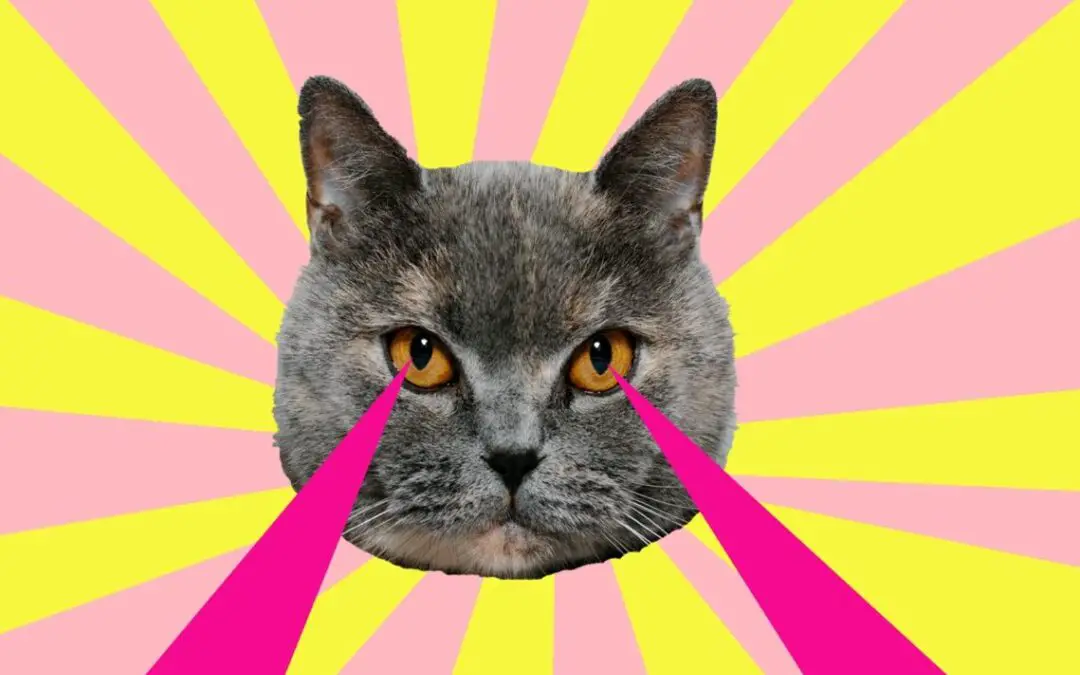The bird flu, known scientifically as avian influenza (H5N1), has recently made alarming strides, spreading beyond birds to infect various mammals, including cats and even dairy cows. This...
Select Page
The bird flu, known scientifically as avian influenza (H5N1), has recently made alarming strides, spreading beyond birds to infect various mammals, including cats and even dairy cows. This...
Move over, dogs—cats are making a fetch happen! A recent study published in Scientific Reports reveals that our feline friends might be more playful and trainable than we ever imagined. Researchers...
The global pandemic has brought loneliness into sharp focus, shedding light on a long-standing struggle for many. Lockdowns and social distancing have unveiled the emotional toll, underscoring the importance of companionship. In these isolated times, pets, particularly cats, have emerged as silent champions, providing much-needed solace and companionship.
Cats, our enigmatic feline friends, have long been masters of the subtle art of communication. A recent study, published in the journal Behavioral Processes, delves deep into the world of cat expressions, uncovering a whopping 276 distinct facial cues when these furry companions interact with each other.
The last ice age was a time of remarkable coexistence, where the Earth's landscapes were shared by primitive humans, awe-inspiring predators like saber-toothed cats. Recent research has uncovered a...
KidneyChek is a revolutionary product that can help detect kidney disease in cats. According to the American Veterinary Medical Association (AVMA)1, kidney disease, and chronic kidney disease (CKD) is a common problem in cats, affecting up to 30% of cats over the age of 10. It can be difficult to detect early on, as it often progresses slowly and without noticeable symptoms.
Diabetes, whether in people or pets, is caused when too much glucose, or sugar, builds up in the bloodstream because the pancreas doesn’t produce enough insulin, a hormone, or use it properly. Bexacat lowers blood sugar by causing it to be excreted in urine. Symptoms of feline diabetes include increased thirst and urination, increased appetite and weight loss.
A new scientific paper published in October by scientists at Harvard and Texas State University suggests that mammals, like cats and dogs, can experience pleasant or unpleasant feelings associated with the mental representation of an experience or object – this is known as “hedonic valence.” Hedonic valence is a psychological term commonly used for the human experience of how a person interprets feelings – either positive or negative.
A study published by Cambridge University Press reveals new information about the ancient migration and domestication of cats in Europe. Following the arrival of their wild ancestors in Europe from...
A study conducted by Charlotte de Mouzon, ethologist at the Cognition and Development Ethology Laboratory (University of Nanterre), found that cats are receptive to what their masters say,...
We've all heard the stereotypes that dog owners are more outgoing than cat owners. Well, some new research may indicate that there could be some truth to the stereotype! Overall, the research found...
We all know how much cats love to chase the infamous red dot, right? Well,Brazilian physicists have figured out how to trap and bend laser light into intricate shapes, producing the impressive...

A study published by Cambridge University Press reveals new information about the ancient...

A study conducted by Charlotte de Mouzon, ethologist at the Cognition and Development Ethology...

We've all heard the stereotypes that dog owners are more outgoing than cat owners. Well, some new...

We all know how much cats love to chase the infamous red dot, right? Well,Brazilian physicists...